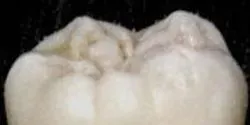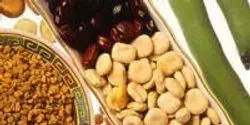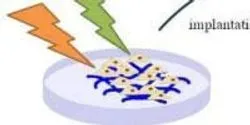All by University of Adelaide
Filter by
AllArticlesAudioEbooksEventsInfographicsNewsProductsSurveysDocumentsVideosVirtual EventsWebinars
Doping is damaging the image of sport without benefitting athletes’ results, according to University of Adelaide research.

University of Adelaide researchers have shown there are two critical windows during the developmental pathway to adulthood when exposure to junk food is most harmful, particularly for female offspring.

University of Adelaide research has uncovered how the metal cadmium, which is accumulating in the food chain, causes toxicity in living cells.

University of Adelaide-led research will help pinpoint the impact of waves on sea ice, which is vulnerable to climate change, particularly in the Arctic where it is rapidly retreating.

A new ultra-sensitive, low-cost and portable system for detecting mercury in environmental water has been developed by University of Adelaide researchers.

University of Adelaide scientists have identified the genes in wheat that control tolerance to a significant yield-limiting soil condition found around the globe - boron toxicity.

The University of Adelaide has been awarded more than $3.8 million by the Australian Research Council (ARC) to collaborate with industry on a range of projects spanning fields such as computer science, genetics, agriculture, engineering, communications, physics and the environment.

Collaborative research between the University of Adelaide and industry will be boosted with the establishment of two nation-leading research hubs in the fields of agricultural science and mineral resources, aimed at improving production in areas of critical importance to the Australian economy.

University of Adelaide physics researchers have produced the world's most sensitive thermometer - three times more precise than the best thermometers in existence.

University of Adelaide research may help in the fight against terrorism with the creation of a sensor that can detect tiny quantities of explosives with the use of light and special glass fibres.

University of Adelaide researchers have discovered that stem cells taken from teeth can grow to resemble brain cells, suggesting they could one day be used in the brain as a therapy for stroke.

A University of Adelaide mineralogy researcher has discovered a new mineral that is unique in structure and composition among the world's 4,000 known mineral species.

Increased nitrogen-use efficiency of plants and an associated reduced need for nitrogen-based fertilizers may be a step closer following University of Adelaide research on legumes.

University of Adelaide mathematicians have devised a method for identifying how cell clusters have formed by analyzing an image of the cluster.









